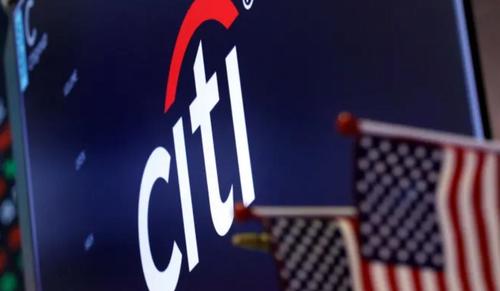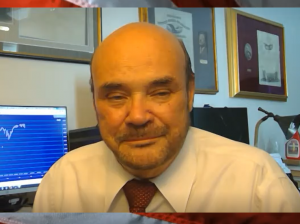Current Attempts To Define Regulator Roles in Cryptocurrency Enforcement Actions
Kenneth M. Breen and Phara A. Guberman, 19 March 2021
On March 5, 2021, the U.S. Attorney’s Office for the Southern District of New York charged John McAfee and his former employee, Jimmy Gale Watson, with conspiracy, fraud, and money laundering charges in connection with his cryptocurrency activities—specifically McAfee’s Twitter statements touting various cryptocurrencies and his false and misleading statements concerning personal investments or other involvement with those same cryptocurrencies. The U.S. Securities and Exchange Commission (SEC) and Commodity Futures Trading Commission (CFTC) have filed civil charges against McAfee and his former colleague in separate parallel actions, each based on a different aspect of McAfee’s alleged scheme. This case and the expected upcoming congressional task force on cryptocurrencies are likely to provide the market with more clarity on how coins and projects will be treated in investigations, including whether they can be treated as securities or commodities and the relative roles of the SEC and CFTC.
In the McAfee case, the first alleged part of the scheme is a pump-and-dump. A pump-and-dump scheme generally involves a party or entity acquiring a position in a financial instrument and then artificially inflating the value of that instrument before selling at an inflated price. In this case, McAfee and his team allegedly bought large quantities of various less popular than Bitcoin but publicly traded cryptocurrencies, such as Dogecoin, Reddcoin, and Verge. McAfee, a public figure of sorts because of his anti-virus software and social media following, then publicly endorsed and recommended a particular cryptocurrency on Twitter. When the value of that cryptocurrency increased, McAfee and his team sold their investments, earning a cumulative profit of approximately $2 million. According to the indictment, McAfee liquidated many of his cryptocurrency holdings through New York Stock-Exchange-based companies, implicating various securities laws.

 After a court battle that dragged on for more than a year, a New York judge shocked the investment banking community last month when they ruled that a group of Revlon creditors could keep some $500MM that they refused to return to Citi after some $900MM was accidentally transferred in what appeared to be a “fat finger”.
After a court battle that dragged on for more than a year, a New York judge shocked the investment banking community last month when they ruled that a group of Revlon creditors could keep some $500MM that they refused to return to Citi after some $900MM was accidentally transferred in what appeared to be a “fat finger”. Rule of Law Collapsed in USA – Martin Armstrong
Rule of Law Collapsed in USA – Martin Armstrong TOPLINE As calls heighten for regulators to investigate the retail trading frenzy–and resulting market madness–spurred by Reddit users this week, Sen. Elizabeth Warren (D-Mass.) is urging the Securities and Exchange Commission, which regulates the stock market, to provide specific details about its investigatory steps–hours after the agency issued a vague statement saying it was still “closely monitoring” the recent market volatility.
TOPLINE As calls heighten for regulators to investigate the retail trading frenzy–and resulting market madness–spurred by Reddit users this week, Sen. Elizabeth Warren (D-Mass.) is urging the Securities and Exchange Commission, which regulates the stock market, to provide specific details about its investigatory steps–hours after the agency issued a vague statement saying it was still “closely monitoring” the recent market volatility.